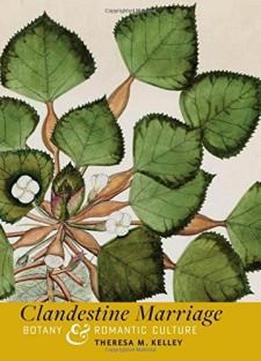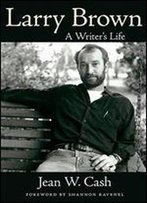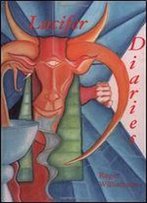
Clandestine Marriage: Botany And Romantic Culture
by Theresa M. Kelley /
2012 / English / PDF
2.9 MB Download
Romanticism was a cultural and intellectual movement
characterized by discovery, revolution, and the poetic as well as
by the philosophical relationship between people and nature.
Botany sits at the intersection where romantic scientific and
literary discourses meet.
Romanticism was a cultural and intellectual movement
characterized by discovery, revolution, and the poetic as well as
by the philosophical relationship between people and nature.
Botany sits at the intersection where romantic scientific and
literary discourses meet.Clandestine Marriage
Clandestine Marriage explores
the meaning and methods of how plants were represented and
reproduced in scientific, literary, artistic, and material
cultures of the period.
explores
the meaning and methods of how plants were represented and
reproduced in scientific, literary, artistic, and material
cultures of the period.
Theresa M. Kelley synthesizes romantic debates about taxonomy and
morphology, the contemporary interest in books and magazines
devoted to plant study and images, and writings by such authors
as Mary Wollstonecraft and Anna Letitia Barbauld. Period
botanical paintings of flowers are reproduced in vibrant color,
bringing her argument and the romantics' passion for plants to
life.
Theresa M. Kelley synthesizes romantic debates about taxonomy and
morphology, the contemporary interest in books and magazines
devoted to plant study and images, and writings by such authors
as Mary Wollstonecraft and Anna Letitia Barbauld. Period
botanical paintings of flowers are reproduced in vibrant color,
bringing her argument and the romantics' passion for plants to
life.
In addition to exploring botanic thought and practice in the
context of British romanticism, Kelley also looks to the German
philosophical traditions of Kant, Hegel, and Goethe and to
Charles Darwin’s reflections on orchids and plant pollination.
Her interdisciplinary approach allows a deeper understanding of a
time when exploration of the natural world was a culture-wide
enchantment.
In addition to exploring botanic thought and practice in the
context of British romanticism, Kelley also looks to the German
philosophical traditions of Kant, Hegel, and Goethe and to
Charles Darwin’s reflections on orchids and plant pollination.
Her interdisciplinary approach allows a deeper understanding of a
time when exploration of the natural world was a culture-wide
enchantment.











